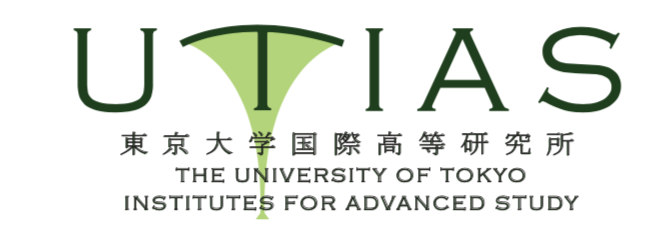On April 22, 2024, 12 students and 3 teachers from Princess Chulabhorn Science High School Chiang Rai, along with 12 students and 3 teachers from Tokyo Gakugei University Senior High School, visited IRCN.
IRCN Science Tour Summary
At the beginning, Dr. Mayumi Kimura, Administrative Director, presented an introduction of "neurointelligence" research, and then Dr. Rie Kimura, Project Research Associate, gave a short lecture on their own research findings. After that, the participants visited two laboratories and attended a session with young researchers, which provided an opportunity to talk directly with them.
Lecture
“How can our brain still perceive familiar objects even when they become indistinct?” by Dr. Rie Kimura, Project Research Associate
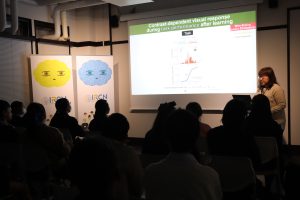
Dr. Rie Kimura introduced her latest research findings, which discovered a part of the brain mechanism that allows us to perceive a specific image even in difficult-to-see conditions, provided that we have seen it repeatedly.
Lab tour
Yukie Nagai laboratory
“Robots for understanding the neural basis that supports human cognitive development” by Dr. Jiarui Li, IRCN Postdoctoral Fellow (Project Researcher)
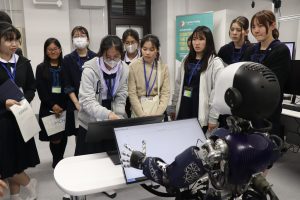
Participants experienced an experiment in which a robot equipped with a neural network model predicted the finished version of a student's drawing and added the necessary elements to it.
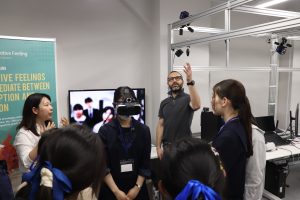
Students enjoyed a simulation experience, which replicates the vision of ASD in real time.
IRCN Babylab
“Exploring language development in infants: Insights from diverse methods” by Dr. Irena Lovcevic, IRCN Postdoctoral Fellow (Project Researcher) & Mr. Hayato Ono, Project Academic Specialist
BabyLab researchers introduced two types of studies (experiments) being conducted to elucidate the developmental process of language acquisition in children.
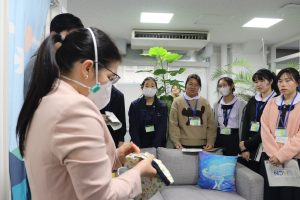
Study 1 : using audio recorders and cameras that can be placed on the baby's clothing to capture infants' speech environment at home.
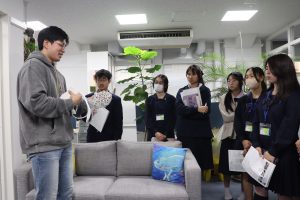
Study 2 : using electroencephalography (EEG) to measure infants' brain signals to various speech sounds.
Discussion session with IRCN Researchers
In the discussion session, students were divided into three small groups, and the researchers took turns going around the groups and interacting with them.
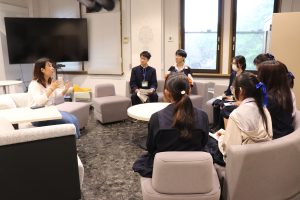
|
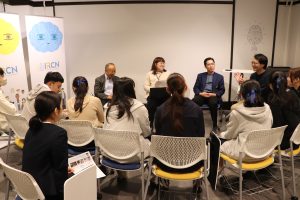 |
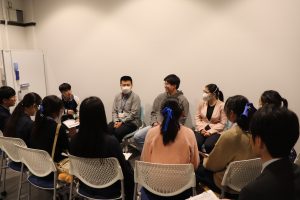
|
The students were exposed to the researchers' ideas and research during the discussion session and may have learned how enjoyable it can be. We hope this experience stimulated their intellectual curiosity and helped them discover the fun of research.


